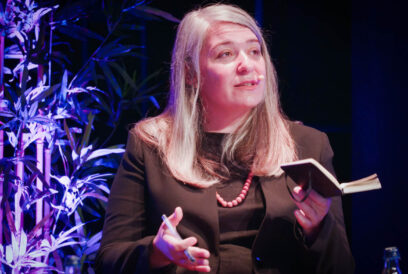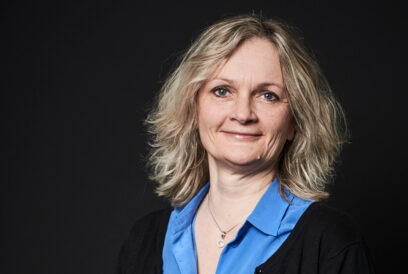

It is clear that moving to online teaching is not the miracle cure that many make it out to be, Maren Elfert writes. Cruel optimism builds visions for a future that are likely to become reality only for a privileged few. The text is a column written for Speakers’ Corner series.
The Covid-19 pandemic has laid bare deep societal inequalities that are of great concern for adult educators.
Adult education has already been in a difficult situation before Covid-19. Investments in adult education have dramatically decreased in recent years, for example in the UK. It is the “fortified” institutions, those with the most resources and privileged clientele that are best prepared to continue business as usual.
Adult education providers that are struggling with a lack of funding and security and serving a group of people who live in precarious conditions, are particularly hard hit by the current crisis. Learning, teaching and community activities have been disrupted by the requirements of social distancing.
Many learners have no access to the digital world and are left behind when deprived of close personal contact.
The immediate solution has been to move learning, teaching and community activities online.
This move has been promoted by major international organisations, philanthropic foundations and economic-financial groups such as the World Economic Forum who have responded to the crisis by presenting “education technology ‘solutionism’”, opening up public education to the education technology sector. One example of this is UNESCO’s Global Education Coalition #LearningNeverStops.
A related solutionist notion is lifelong learning, which is being invoked in debates on skills required in the coming digital workplaces, and more broadly, as a guiding principle for equipping people with the skills they need to build a better future.
ARE THE SOLUTIONIST DISCOURSES and technologies the panacea for a democratization of education, or do they represent an instance of “cruel optimism”?
Lauren Berlant has used this term to denote visions of the future that hold promises for upward mobility, job security and equality that our liberal-capitalist societies can no longer keep.
The World Economic Forum’s visions of “the great reset” and the “Fourth Industrial Revolution” are recent examples of this cruel optimism, summoning up a better future that is likely to become reality only for a privileged few.
We have to make sure that this crisis will not only serve digital corporations and privileged groups.
Having recently read many manuscripts from all over the world about the impact of Covid-19 on (adult) education for a special issue I am co-editing, it is clear that moving to online teaching is not the miracle cure that many make it out to be. Many learners have no access to the digital world and are left behind when deprived of close personal contact.
The imposition of social isolation has become a marker of privilege in so far as white collar workers continue to work, earn and learn from home, while those working precarious and low-paid jobs are at greater risk of losing employment and housing.
THE CURRENT CRISIS CERTAINLY OPENS up opportunities to critically examine past practices in light of expanded use of technologies and build a better future in which there will be greater equality of access to lifelong learning.
However, we have to be particularly vigilant and make sure that this crisis will not only serve digital corporations and privileged groups.
Especially adult educators, who stand on the legacy of Paulo Freire, are called upon to contribute to the struggles for a more just and equitable society.
Humanity, democracy and equality cannot be taken for granted and must be defended in these extraordinary times if we want to make sure that a society that tries to minimize risk is not further increasing the risks of its most vulnerable members.
Author






